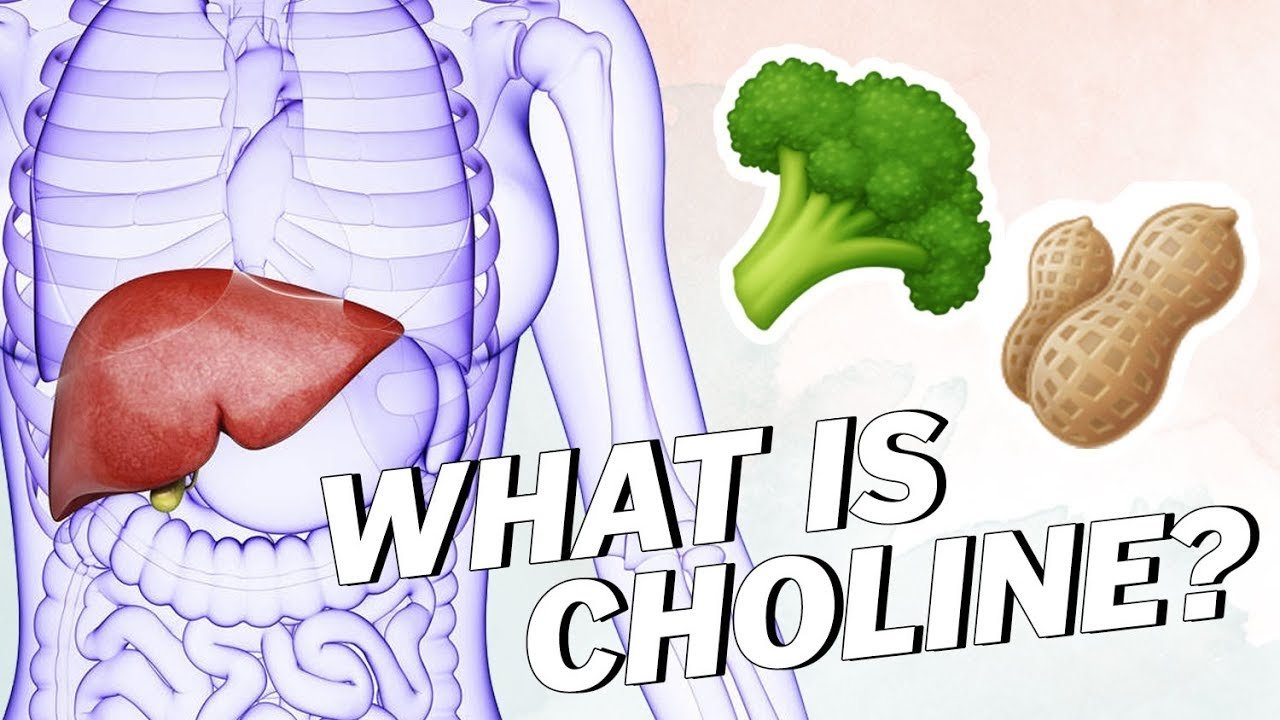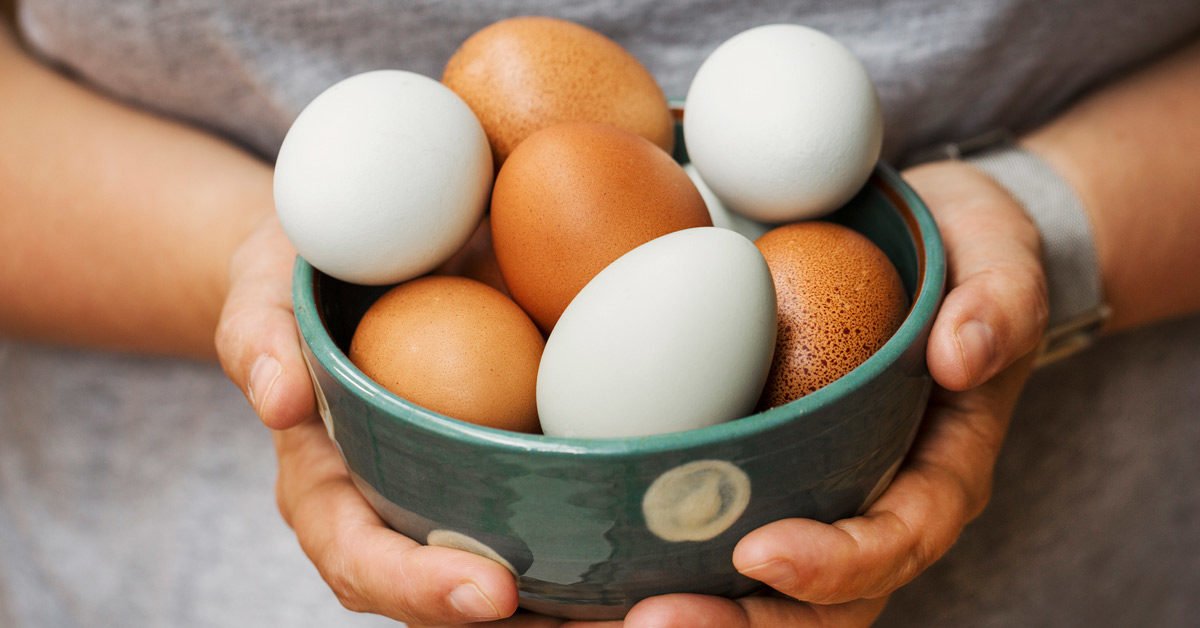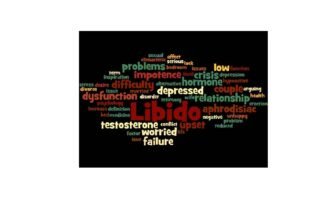Introduction
Choline is an essential nutrient, that is organic and water-soluble. It is not a vitamin, nor a mineral, but it is often associated with the vitamin B complex due to their similarities. Choline is responsible for multiple reactions in the body and it is especially important in the functioning of your nervous system. It is also known to reduce swelling and inflammation in asthma patients.
Institute of Medicine acknowledged Choline as a required nutrient only in 1998. Though it is present in many natural sources, it is also popular as a supplement. It is most commonly used by pregnant women to deliver healthy babies and for brain function, metabolism, and muscle movement. Choline is known to have many more uses, but all of them are not backed by scientific evidence.
Your body makes an amount of choline in the liver, but some people might have a deficiency when they don’t consume this nutrient through their diet in the form of choline or phospholipids.
A study shows that most people don’t have a recommended intake of choline (essential nutrient), which is required for good health and normal functioning.
Natural Sources of Choline
- Meat
- Egg Yolks
- Diary (Cheese & Whole Milk Products)
- Mushrooms
- Sea Food (Salmon and Cod)
- Cruciferous Vegetables (Cauliflower and Broccoli)
- Beans and Legumes
- Nuts and Seeds
- Red Potatoes
- Whole Grains (Quinoa and Whole Wheat)
Choline for Health & Body Functioning

Choline is essential for multiple functions in your body, maintaining your overall health. Below are some processes of your body in which choline plays a vital role.
Recommended Dosage
Due to limited evidence, there is no Reference Daily Intake (RDI) for choline, but there is a recommended Adequate Intake (AI) by the Institute of Medicine, subjective to each person depending on their age and health situation.
Since the amount of choline present in different foods is still unknown, it is a rather difficult task to determine choline intake for individuals looking for supplements in their diet.
This recommended dosage for each group of individuals will help them keep away from deficiency of choline. However, it is a fact that this requirement depends on the genetic history and genetic makeup of an individual.
While adult women can take 425 mg of choline per day, men can take up to 550 mg per day, similar to the intake value for breastfeeding women. Pregnant women, however, are recommended t maintain an intake of 930 mg per day.
Deficiency & Overdosing of Choline
Those who are at risk of choline deficiency are pregnant women, endurance athletes, people who take high amounts of alcohol, and women going through postmenopause. When you take less than the required amount of choline either through food or supplements, you might experience any of the following deficiency issues.
Since everything is good only in moderation and exercising caution is important, it is natural that overdosing can have some effects too. Below are some of such problems.
Benefits of Choline

Scientific studies on choline have resulted in multiple benefits of this nutrient. It is true that further research is necessary to understand how it works completely, but being an essential nutrient, choline can do a lot to the human body. Though our body can synthesize choline in small amounts, multiple studies indicate that additional choline intake through diet is necessary to maintain normal and good health.
- Better Memory
Choline intake is known to have an effect on your blood levels, linking it with your brain functioning. It can improve your memory and processing skills. A large observational study involving adults gave 1000 mg of choline per day to those with poor memory and it resulted in improved verbal memory in most of them, both short-term and long-term. Research on the effects of choline on Alzheimer’s disease is rather a rudiment, but scientists say it is a promising study in the future of medicine.
- Improved Cognitive Performance
The adequate concentration of choline in your brain can help you not fall into age-related cognitive decline and might even protect you from age-related dementia. This is because choline has the ability to preserve neurons and brain volume, and maintain neuronal transmissions. However, further research is being conducted to learn if this protective ability of choline can last throughout a lifespan.
- Boosts Metabolism
Research says choline can metabolise fats acts as metabolism booster. A study in 2014 resulted in female athletes who take choline supplements recording lower body mass index (BMI) and leptin levels than other groups. This is because choline is essential for multiple steps of metabolism being a source of methyl groups. It also maintains your cell integrity as choline can synthesize phospholipids like phosphatidylcholine and sphingomyelin, which are very important for your cell membranes.
- Healthy Heart
Some studies support choline to keep good health of your heart. It partly decreases your blood pressure to normal and keeps your blood vessels healthy. This, in turn, lowers your risk for ischemic strokes. Among many forms of choline, only free choline (FC) is known to have much effect on the human body. However, an excess amount of choline in another study suggests that it might increase your risk for cardiovascular activities.
- Low Pregnancy Complications
When you are pregnant and low on choline, you might have a high risk of complicated birth outcomes when you deliver your baby. Some of those birth complications include cleft palate, memory issues, and neural tube defects. Choline dosage for pregnant women is not risky and poses no side effects on foetal development. It is somewhat known for having an effect on the metabolic and physiological processes. It can improve indicators of neonatal stress reactivity and reduce placental production of sFLT1(tyrosine kinase protein). It can also lead to faster information processing among infants and better memory in children when their mothers consume required amounts of choline during their pregnancy.
- Improved Symptoms of Cystic Fibrosis
A study conducted in 2018 resulted in better functioning of the lungs when an individual consumed choline supplementation. Cystic fibrosis can lead to loss of faecal choline and thus taking supplements can have a high chance of improving symptoms for individuals with fatty liver disease. The study also suggests the usage of choline supplements as a complementary treatment to the standard care therapies for cystic fibrosis.
Best Choline Supplements
- Exclusive choline supplements
- Supplements of choline when combined with vitamin B complex
- Supplements of multivitamins and multiminerals with choline being one of them
There is no research in which is the most effective supplement, since no one thing can keep you healthy. You need a combination of vitamins and minerals besides a healthy lifestyle to maintain your well-being.
You should also remember to consult a healthcare professional before you start using any choline supplement in your daily routine. You require personal recommendation since it depends on each individual.






